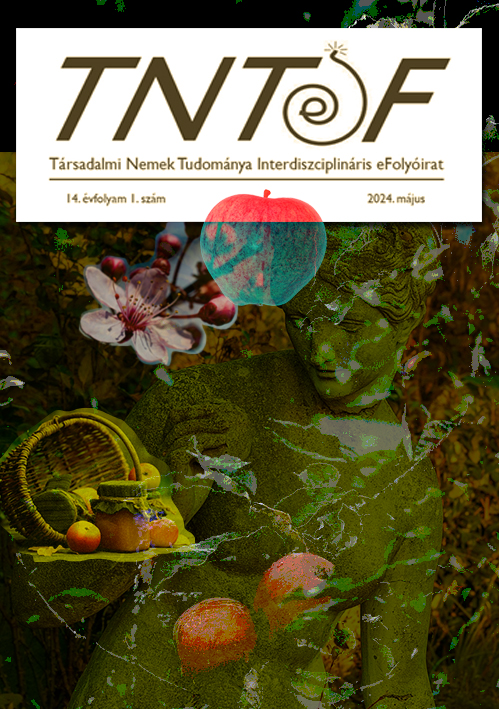Lycanthropies: Posthumanist Aspects of Fictitious and Medial Transformations in the Animated Film Wolfwalkers
Main Article Content
Abstract
This paper offers a posthumanist reading of the fictitious and medial transformations in the animated film Wolfwalkers (2020). According to the analysis presented, the fictitious transformations occur in the protagonist of the film, the young Robyn, who arrives in Ireland with her hunter father to destroy the last local wolf pack. However, the adventurous girl soon befriends Mebh, the descendant of an ancient tribe of wolfpeople. Due to an (unintentional) wolf bite, she also gains the ability to transform into a wolf while her human body is asleep. The paper construes Robyn as a sympoietic entity which rejects humanist dualisms and hierarchies and instead embraces and comes into being as a result of the fluidity between the human and the animal, the natural and the cultural, the feminine and the masculine. Besides the transformations that occur at the level of the narrative, the study also examines the transformations at the film’s visual level. The medial transformations play a key role in imagining the posthuman subject and that subject's worldview. Robyn’s character development and changing views are reflected in the film’s hybridisation of different animation styles (hand-drawn and digital animation), animation trends (European linear-figural and popular American tradition), art historical inspirations (petroglyphs; ancient Celtic, American Indian and European art; medieval illuminations and tapestries; modernism and art nouveau), artforms (watercolour paintings and woodcuts), as well as the hybridisation of different line works, shapes, and colour palettes. These technologies render the medium itself sympoietic.

